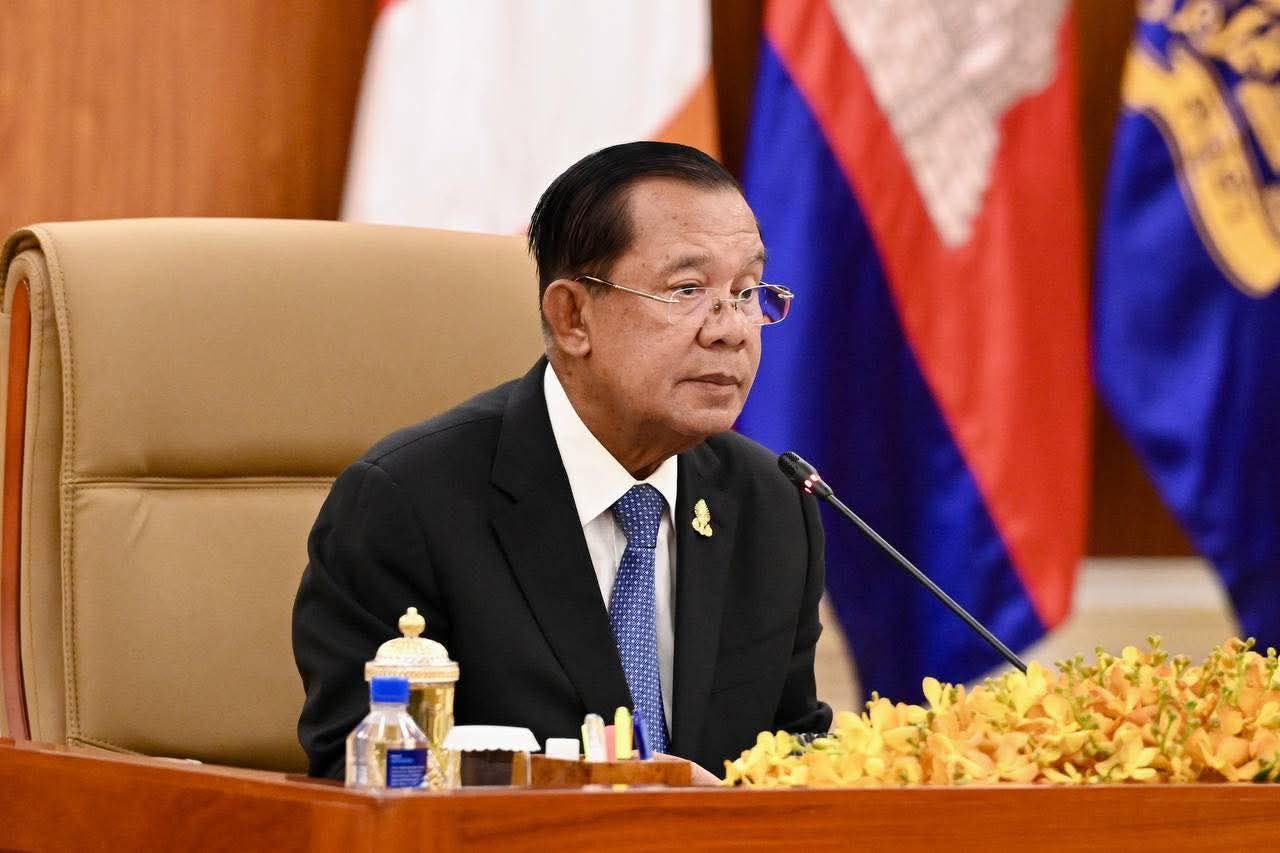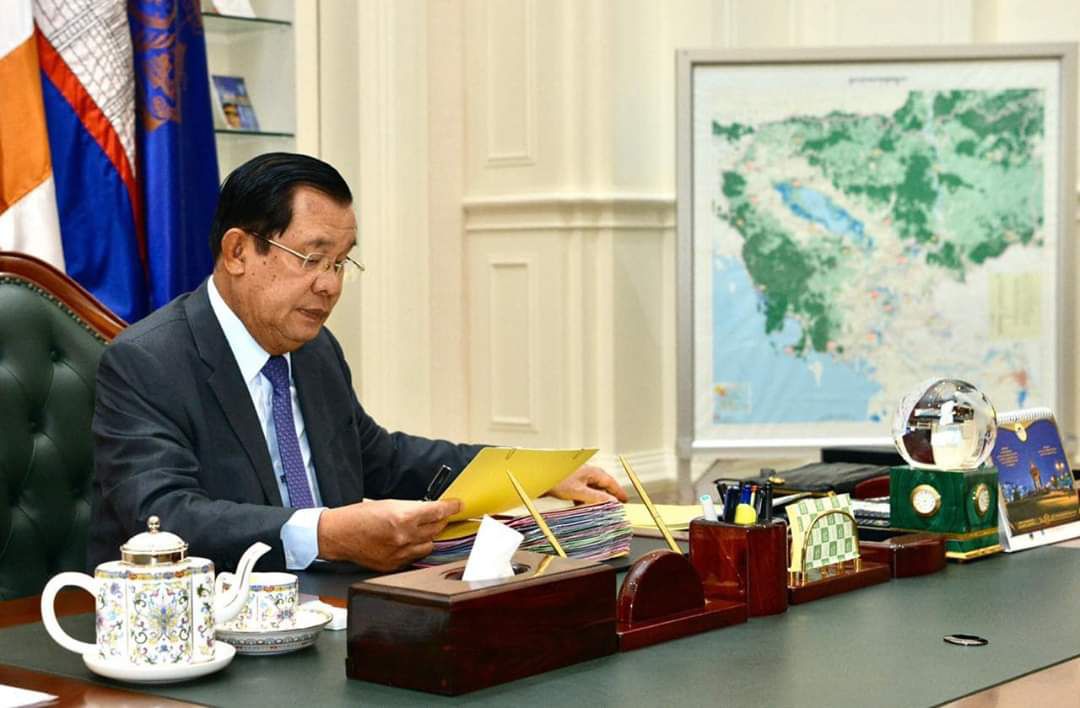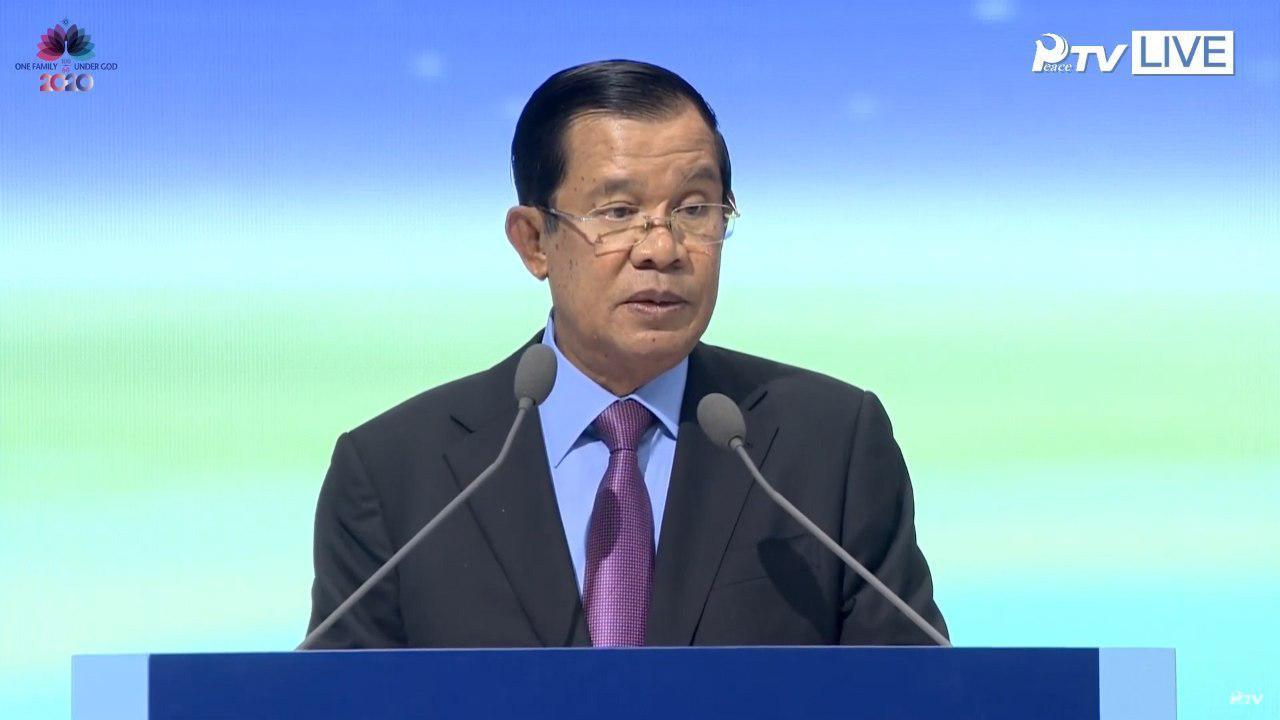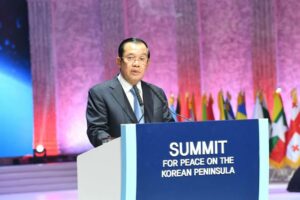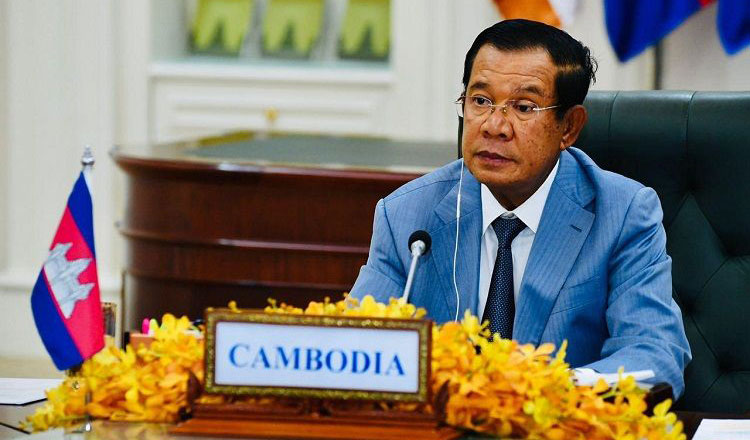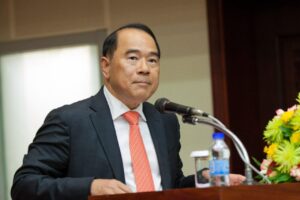Thailand is the provoker and the one who unilaterally closed the border
Even though the world clearly recognizes Thailand’s deceitful behavior—its tendency to lie, twist situations, and distort the truth—these tactics remains in use by Thailand to deceive its own citizens and to mislead international public opinion, as now, they have been spreading false claims that Cambodia is the one who closed the border.
In fact, everyone knows that the current Cambodia–Thailand border tension began when Thai soldiers crossed in and brutally shot to death a Cambodian soldier on Cambodian territory on May 28, 2025. After Cambodia’s Ministry of Foreign Affairs filed a strong diplomatic protest and demanded a thorough investigation and the prosecution of those responsible, the Thai government tried to shift the focus to border by unilaterally opening and closing the border at their own discretion, without prior notice to the Cambodian side.
Why did an incident that occurred at Mom Bei area has suddenly been turned into border restriction issue by Thailand? This is a diversionary tactic—an attempt to shift public attention away from the original cause of the conflict instigated by the Thai soldiers. After that, Thailand has escalated the situation further by threatening to cut off electricity, internet services, fuel and gas supplies to Cambodia. These are clear acts of escalation, while the Cambodian side has made every effort to contain the conflicts from expanding beyond Mom Bei and to spill into other areas.
In particular, both the Prime Minister and the Senate President of Cambodia have called for de-escalation and non-discrimination. What Cambodia has done is merely an act of self-defense, in response to provocation and disrespect from the Thai side. Regarding border closures, it remains fresh in our memory that Thai Prime Minister Paetongtarn Shinawatra once announced that Thailand must completely shut the border, prohibiting all cross-border movement, and has delegated full authority to Thailand’s Second Army Region to decide on this measure.
Following that, the Thai Army began unilaterally closing border checkpoints one after another, without any prior consultation with the Cambodian side. This is a violative and disrespectful attitude, undermining the spirit of bilateral relations between the two countries. Cambodia’s measures are purely reactive responses to Thailand’s irresponsible behavior. The Cambodian leadership has repeatedly affirmed that the key to resolving this issue lies in Thailand’s hands, because it is Thailand that unilaterally decided to close the border in the first place. Therefore, all Thailand needs to do is to officially announce the resumption of regular border operations as prior to June 7, and Cambodian will follow suit.
However, up to now, Thailand has not only failed to officially reopen the border to its normalcy, but has also resorted to spreading false information to its own citizens—those who are calling for the border to be reopened—by claiming that Cambodia is the one responsible for the closure.
It is precisely this essence of lying, distortion and manipulation of the truth that has led to Thailand being universally recognized as a lying state. Indeed, many people across the globe now sarcastically use the phrase “Don’t Thai to me” instead of “Don’t lie to me” whenever Thai officials speak.
Why is this the case? Because the world has come to know that Thai officials are those who sign with their hands, but erase with their feet. The most obvious evidence involving Cambodia is the Memorandum of Understanding (MOU 2000) signed in 2000, which explicitly states that both parties must use maps based on the Franco-Siamese treaties of 1904 and 1907. However, during border negotiations, Thailand has instead relied on its own unilateral maps. This has been a major obstacle to progress in negotiations, and it is precisely this reason that led Cambodia to refer the case concerning Mom Bei, Ta Moan Thom, Ta Moan Touch, and Ta Krabey temples to the International Court of Justice (ICJ) for adjudication.
Reluctant to go to the international court, knowing it will be defeated, Thailand obstinately insists on resuming bilateral negotiations based on the MOU 2000, while in reality, they never respect this agreement. In other words, whenever negotiations begin, Thailand immediately pulls out its unilateral maps, known as “thief’s maps”, to the table. This is exactly what is meant by “signing with the hands but erasing with the feet,” and “lying with no limit”, perfectly matching the phrase “Don’t Thai to me.” (Don’t lie to me, Thailand). Everyone already knows your tricks.” On the basis of these facts, Cambodia will not back down from its lawsuit at the ICJ—even if Thailand refuses to go along.
To sum up, the Cambodian people, as well as the whole world, will never forget the incident on May 28, 2025, when Thai soldiers crossed into Cambodian territory and brutally shot dead a Cambodian soldier. Cambodia and the global community regard that day as the starting point of Cambodia–Thailand border disputes and support Cambodia’s decision to bring all four cases to the International Court of Justice (ICJ). Furthermore, everyone is fully aware that Thailand is the one escalating the conflict and unilaterally closing the border. Therefore, Thailand cannot manipulate the national or international public opinion, as everyone now says, “Don’t Thai to me.”
By Vong Makara
Professor and Political Analyst

